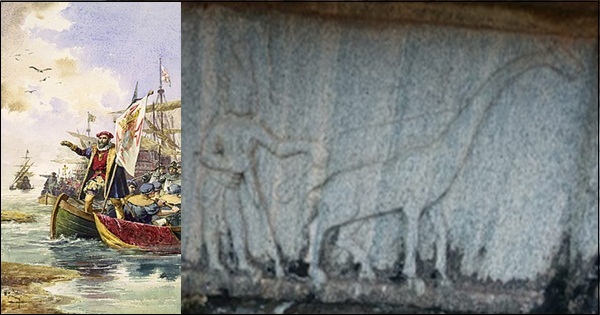

And such was its value that the workers who handled pepper were forbidden from wearing trousers with cuffs or pockets to prevent its theft.īy the 15th century, many European states were fed up with the Mediterranean monopoly on pepper, and decided to find the route to India independently to set up their own trade.

If any country wanted pepper, they had to buy it at their price. Romans would buy black pepper from Arab merchants at Constantinople, the gateway to Asia, and sell it at exorbitant rates to the rest of the European world. But it was not the Arabs who sold pepper across Europe but the Romans, who controlled the largest number of seaports, positioned as they were by the Mediterranean Sea. Our tale of pepper begins with Arab merchants trading it from India via the incense route, an ancient network of sea trading routes that linked the Mediterranean world with southeast Asia. Little did people know then that Europeans’ hunger for pepper would violently change the whole world. The ancient Greeks used it as a medicinal agent, most famously as an antidote to the poison hemlock, while in England you could pay rent or taxes with peppercorns. Although used by us mostly as a seasoning, black pepper had a great many uses in the civilisations of antiquity. Pepper, also known as black gold, was once an undeniable proof of one’s wealth and power.


 0 kommentar(er)
0 kommentar(er)
